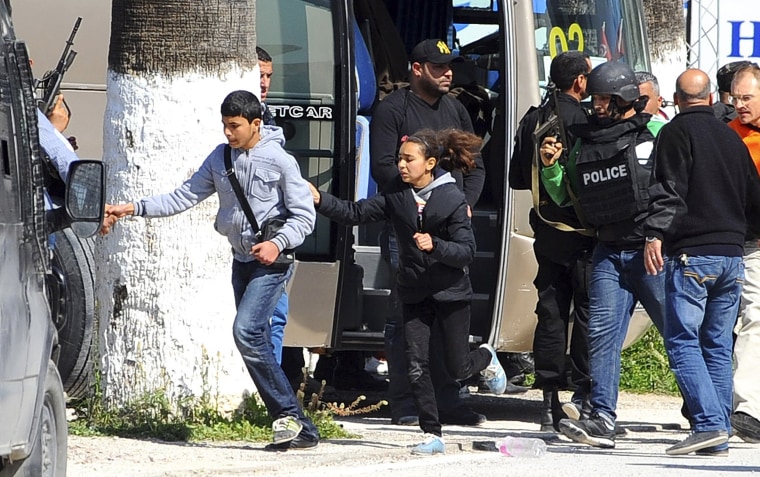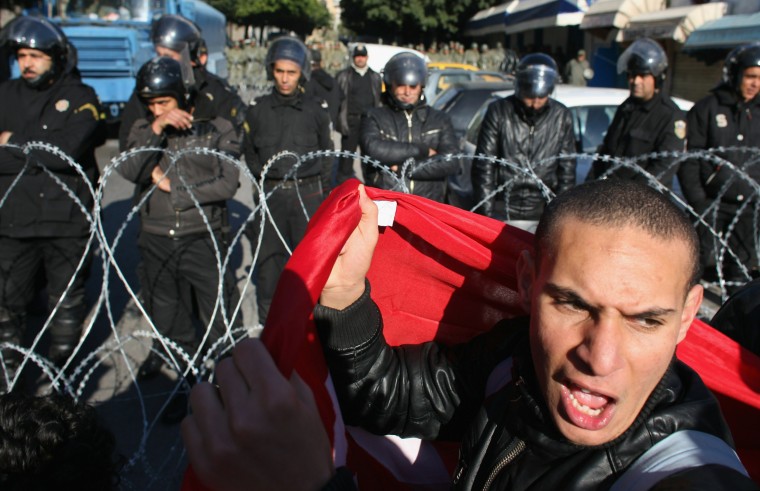The Nobel committee confounded predictions Friday by awarding the prestigious peace prize to the Tunisia National Dialogue Quartet - an alliance of civil groups relatively unknown outside the North African country.
So how did these groups come by one of the most sought-after international accolades?
The Norwegian Nobel Committee said the Quartet made a "decisive contribution" to building the country's fledgling democracy in the wake of the 2011 Arab Spring.
It had helped establish a peaceful, political process when the country was "on the brink of civil war," the committee said.

The award comes in a difficult year for Tunisia, whose achievement in building a new government was marred by two massacres involving foreign tourists. A gunman shot dead 38 people in June on a beach in the resort town of Sousse; in March another shooter killed 20 tourists at Tunis' Bardo Museum.
These incidents were black marks on what has been otherwise a rare success story from the Arab Spring.
Widespread demonstrations in 2010-11 toppled the country's long-time strongman president, Zine al-Abidine Ben Ali. These sparked uprisings in other nations in the Middle East and North Africa.

For most counties, this string of revolutions failed to deliver reform, with several nations ousting rulers only to encounter more inner turmoil and chaos.
By contract, Tunisia last year held what were widely regarded as its first free and fair elections since it gained independence from France in 1956.
The National Dialogue Quartet was central to this unique triumph, the Nobel committee said. Formed in 2013, the group comprises the country's General Labor Union, its Confederation of Industry, Trade and Handicrafts, its Human Rights League and Order of Lawyers.
The committee said the Quartet was "instrumental" in establishing "a constitutional system of government, guaranteeing fundamental rights for the entire population, irrespective of gender, political conviction or religious belief."
Houcine Abassi, secretary general of the General Labor Union, told The Associated Press he was "overwhelmed" following Friday's announcement.
"It's a prize that crowns more than two years of efforts deployed by the Quartet when the country was in danger on all fronts," he told the AP.
Chris Doyle, director of the Council for Arab-British Understanding, told NBC News that the Quartet had been a "beacon of light" in an otherwise troubled region.
"This is an absolutely terrific decision," he said. "This award has highlighted the work of unsung heroes who have promoted consensus and the politics of bringing people together rather than dividing them. This is in contrast with the politics of much of the rest of the region."
He added that "keeping Tunisia from sliding into the disaster ridden mess of some its neighbors is a vital and valuable achievement ... It could so easily have gone in a different direction."
Sarah Chayes, a senior associate at the Carnegie Endowment for International Peace, wrote about the General Labor Union in March last year. She said it was was "unlikely that Tunisia’s remarkable political settlement would have come about" without the union's "muscular involvement."
